The seminar “Qubit Readout with the Josephson Photomultipliers” by Ivan Pechenezhskiy at NUST MISiS
From 15:00
At National University of Science and Technology MISIS
Moscow, Leninskiy prospekt 4
Superconducting Metamaterials Laboratory / smm@misis.ru, +7(929)5667760
The seminar “ Qubit Readout with the Josephson Photomultipliers” by Ivan Pechenezhskiy, University of Wisconsin–Madison, will be held in National University of Science and Technology MISIS (Moscow, Leninskiy prospekt 4), lecture hall Б-536 (5th floor) on June 9 at 15:00.
Speaker: Ivan Pechenezhskiy, University of Wisconsin–Madison
The realization of a large-scale fault-tolerant quantum processor will require scalable high-fidelity qubit readout. I will start the talk with a brief overview of the related research efforts in Prof. Robert McDermott's group at UW–Madison. I will then describe in details development of a qubit measurement scheme whereby the outcome of a qubit measurement is readily available at low temperature for farther processing. The new measurement protocol involves mapping the qubit states to the pointer states in a dispersively coupled readout resonator and transferring these microwave pointers states to an auxiliary resonator with the subsequent photodetection of the state by the Josephson photomultiplier (JPM). I will describe the principle of operation, the design and characterization of the JPM chips as well as the extensive experiments that we performed to benchmark qubit measurement fidelity. The challenges related to optimization of the measurement protocol will be discussed and the most recent data on the backaction and QNDness of the current generation of the devices will be presented. If time permits, I'll shift gears and discuss the quasiparticle poisoning of superconducting resonators.
Everyone is welcome!
Entrance for seminar participants who are not students, graduate students or employees of MISIS, will be carried out upon presentation of passport subject to prior registration for the seminar (until 14:30 the day of the seminar).
Free entrance!
There is one person coming




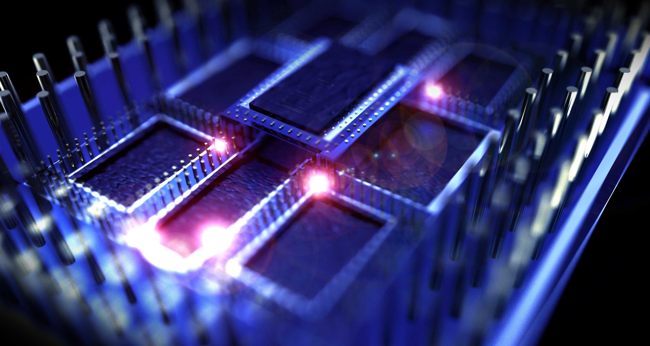
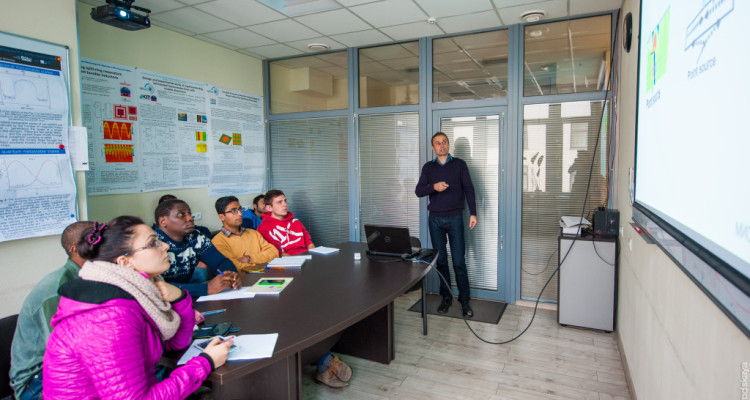
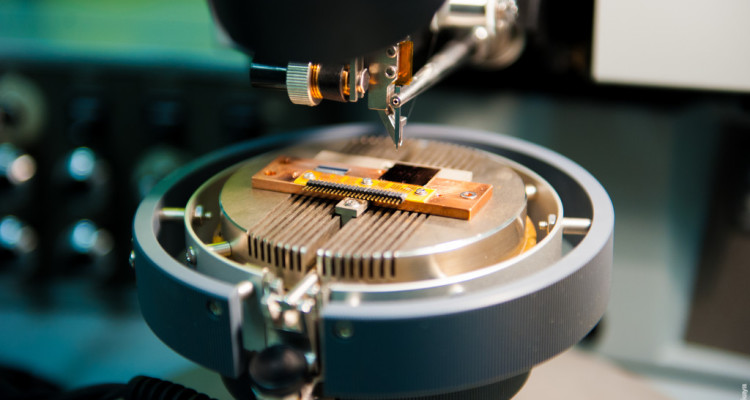
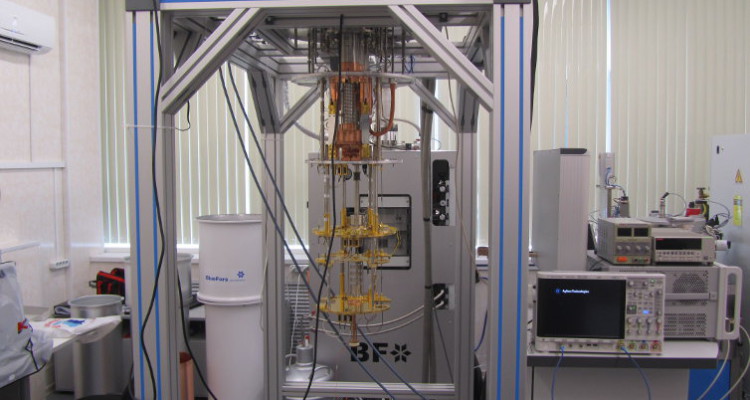
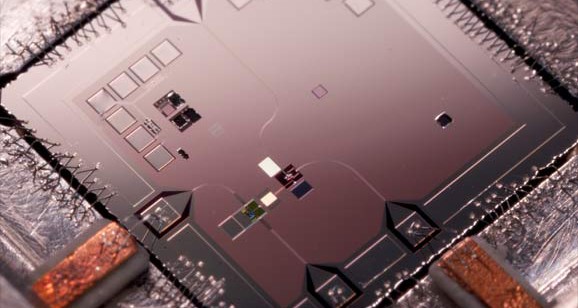
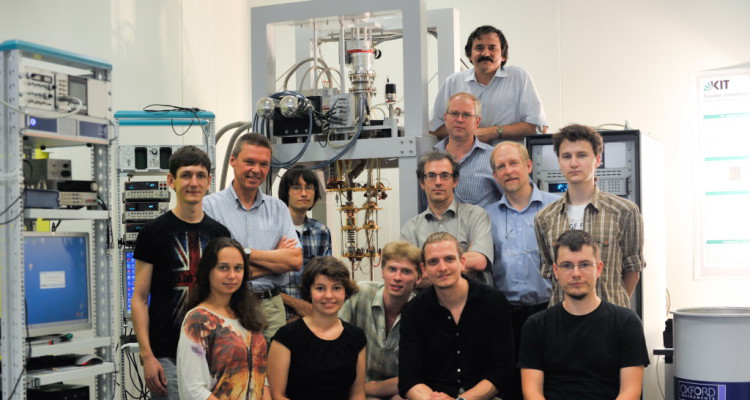
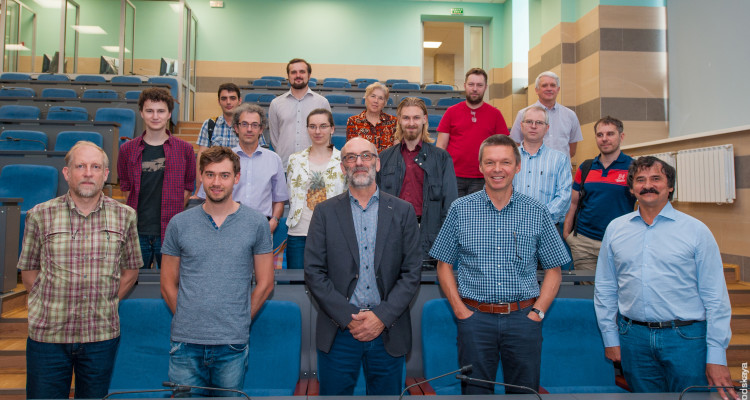
 7 June 2017
7 June 2017 